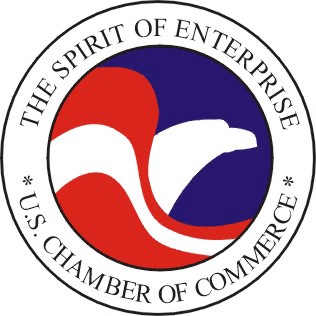
Last week Virginia posted the results of its July 2009 bar exam. But are the results accurate? It seems that New York is not the only state that can foul up a test (as I know from my own experience as well as others), Virginia apparently fouled up the July 2008 exam.
The problem is simple:
- There was a software glitch during the test regarding the essays that were typed on laptops; and
- Virginia doesn’t permit test-takers to see their essays.
What follows is an affidavit from Jon Bolls, who is chronicling his fight through the courts to see his essay answers after he and others were victims of a software problem. The affidavit below describes the problem. (And if you think bar examiners can’t be beat, read this.)
According to Bolls, 43 states allow for some form of transparency. Virginia is not one of them. And over half now allow typing essays on laptops.
And the question for bar takers in the face of multiple technology problems comes down to this: Is pen and paper better than the keyboard? Proceed at your own risk…
————————————-
I, Jonathan Bolls, “Declarant,” am a resident of Springfield, County of Fairfax, Commonwealth of Virginia, and do hereby certify, swear, affirm, and declare, that I am competent to give the following declaration based upon my personal knowledge, unless otherwise stated, and that the following facts and things are true and correct to the best of my knowledge:
1. On July 29, 2008 I took the Virginia Bar Exam essay section on laptop.
2. During the afternoon session of the Essay/Short Answer portion, an announcement was made by microphone that there were approximately 24 students who had answers that were misplaced in the system from the morning session. These students did not know who they were and would find out how to correct the problem through special instructions enclosed in their afternoon test booklets. I am not one of the 24.
3. During the saving stage of both the morning and afternoon sessions, my Exam4 software, administered by Extegrity, halted and displayed a dialogue box wherein the program refused to proceed despite my following the instructions exactly. On each separate occasion, I had to call a technician over who handled my computer to circumnavigate the dialogue box. On at least one of these occurrences, I was instructed to reboot my computer and resubmit the essays. After both occurrences I was instructed to transfer the data from the laptop to the USB drive and hand it in.
4. Both of these instances were very similar but were handled by two different technicians. Neither of these technicians said that I had done anything wrong or offered any explanation as to what happened.
5. Both instances took place about midway through the crucial saving stage of the exam, an approximately ten-step process that was delivered orally by microphone. These approximately ten steps pertained entirely to saving the data to the personal laptop. The last remaining two or three steps were very straightforward and consisted of inserting the USB drive into the laptop and clicking on the icon that says “Save to USB Drive.”
6. While applicants had many opportunities to take practice exams on their own time prior to the exam, the saving stage consisted only of a simple step of clicking on the icon that said save. The approximately ten steps given orally at the exam were entirely new to every applicant and were read as if they were written down for the proctor. On the other hand, setup instructions for a procedure we had already practiced on our own time, were written down for the applicants.
7. I was instructed to reboot my computer on at least one of these two instances. In the sequence of instructions, this took place prior to the step where the USB drive is to be inserted.
8. Both of the Exam4 glitches took place even before the USB drive was supposed to be inserted into the laptop.
9. After the oral instructions were read at the saving stage, a proctor then asked for a show of hands if there were any problems. There were quite a few hands that immediately went up in both sessions of the test, which visibly overwhelmed a full team of technicians on standby. My hand was raised for ten to fifteen minutes both times before someone could come to my aid.
10. I was so delayed during the afternoon session because of this that I was the last applicant to leave the room.
/s Jonathan Bolls





